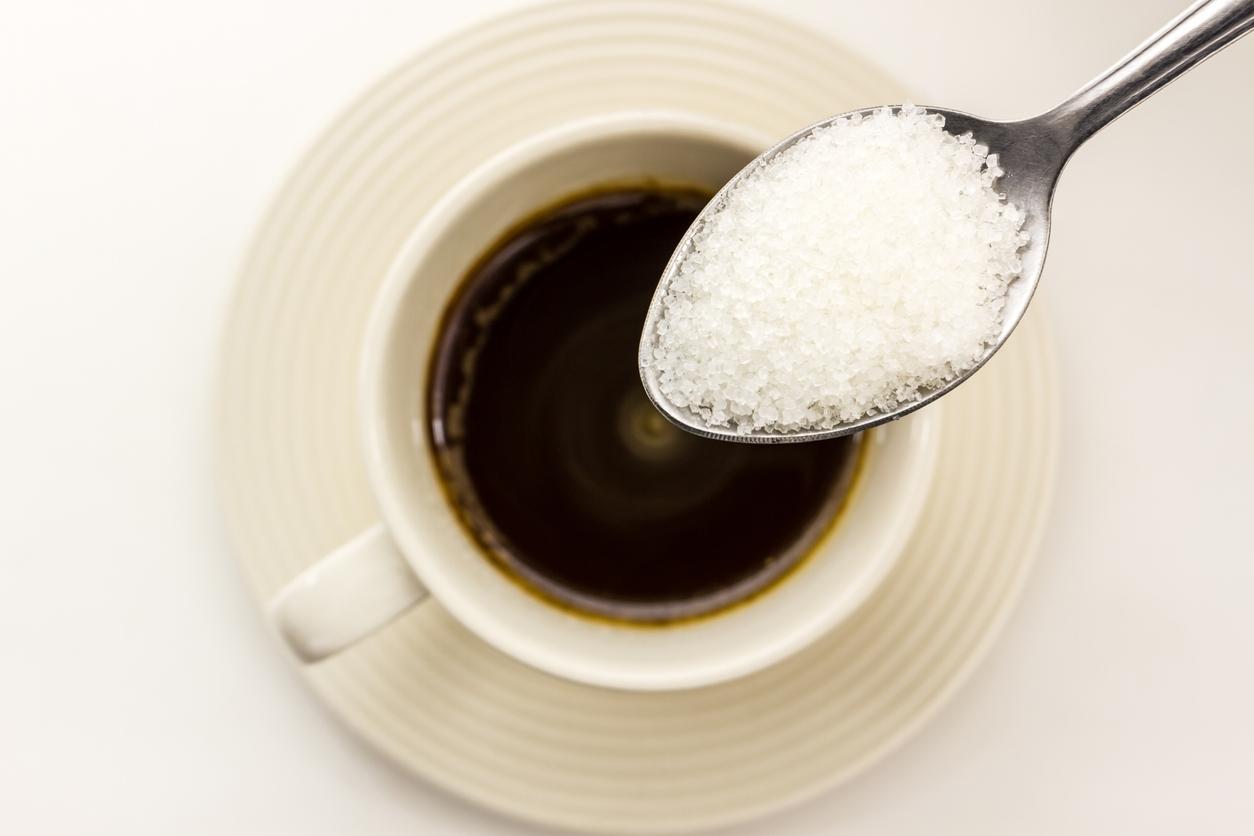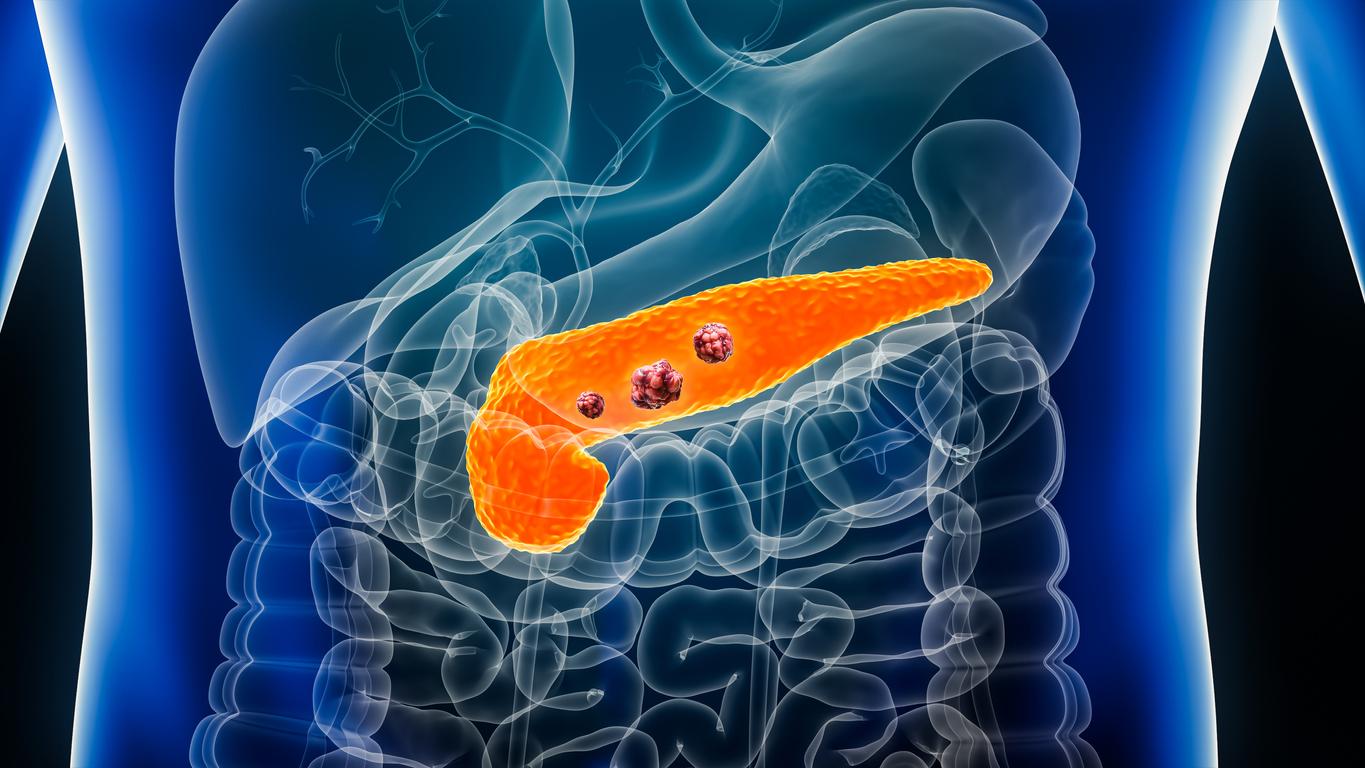A sedentary lifestyle and excess sugar would have more consequences on the health of men than on those of women.

- Insulin resistance corresponds to a decrease in the sensitivity of cells to this hormone.
- It contributes to an increase in the concentration of sugar in the blood.
How does our body react to a sudden change in our habits? Researchers at the University of Missouri asked themselves the question, in a study published in the journal endocrinology. They found that depending on gender, the answer to this question varies. Men suffer more from the consequences of a change in their way of life.
An observation of insulin resistance in men and women
This study was carried out thanks to the participation of 36 people, men and women, young and in good health. For ten days, they increased their level of sedentary lifestyle and their sugar consumption: concretely, their number of daily steps fell from 10,000 to 5,000 and they increased their consumption of cans of sugary drinks to six per day. “We know that the incidence of insulin resistance and cardiovascular disease is lower in pre-menopausal women than in men, but we wanted to see how men and women respond to reduced physical activity and increased sugar in their diet over a short period of time“, specifies Camila Manrique-Acevedo, professor of medicine and co-author of the study. Insulin resistance is one of the characteristics of type 2 diabetes and obesity; it also contributes to the appearance cardiovascular diseases.
Different consequences for men and women
The results of this experiment show that increased sedentary lifestyle and high sugar intake resulted in decreased leg blood flow in men only. For them, these habit changes also helped lower levels of adropin, a protein that regulates insulin sensitivity and is a biomarker of cardiovascular disease. “These results highlight the existence of a sex-related difference in the development of insulin resistance induced by the adoption of a lifestyle high in sugar and low in exercise.emphasizes Camila Manrique-Acevedo. To our knowledge, this is the first evidence in humans that vascular insulin resistance can be caused by adverse short-term lifestyle changes, and is the first documentation of differences related to sex in the development of insulin resistance in association with changes in adropin levelsShe would like to pursue this research to determine the time it takes for these metabolic changes to reverse, but also to better understand the role of sex in the development of insulin resistance.


















